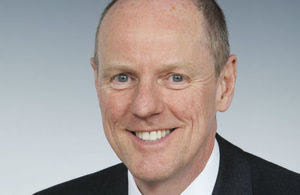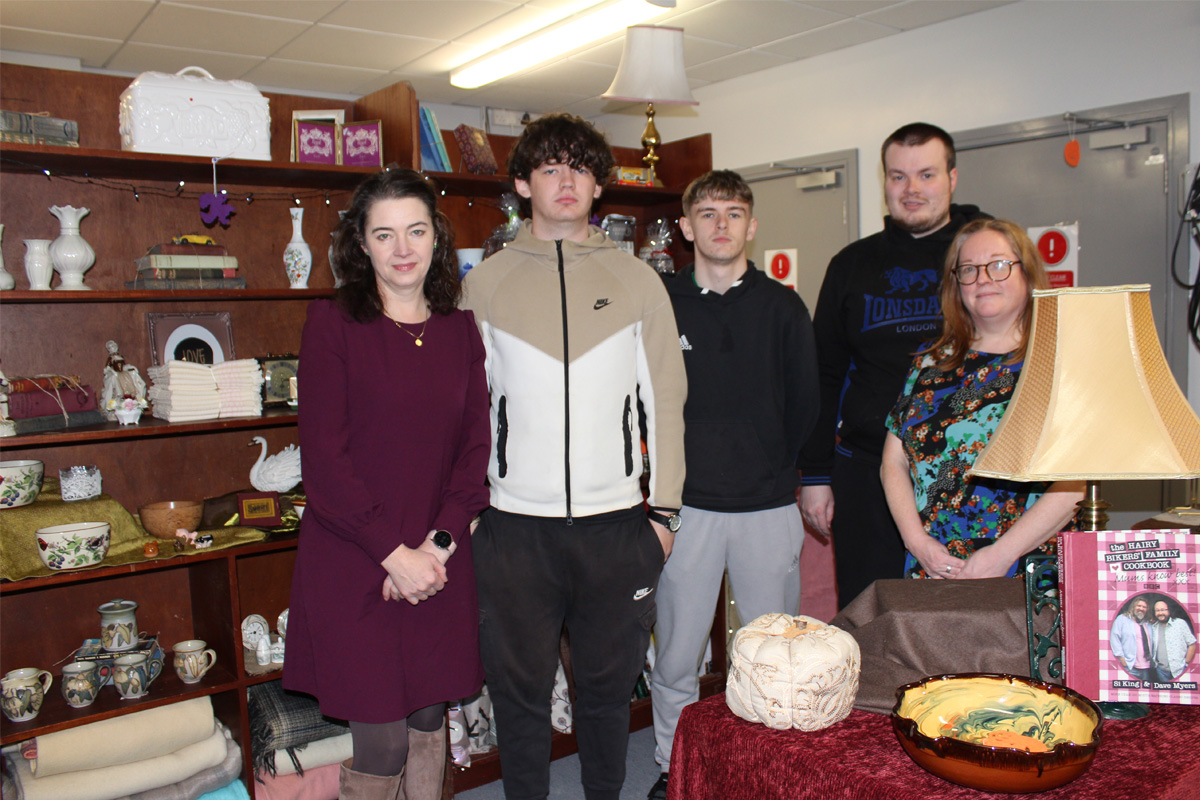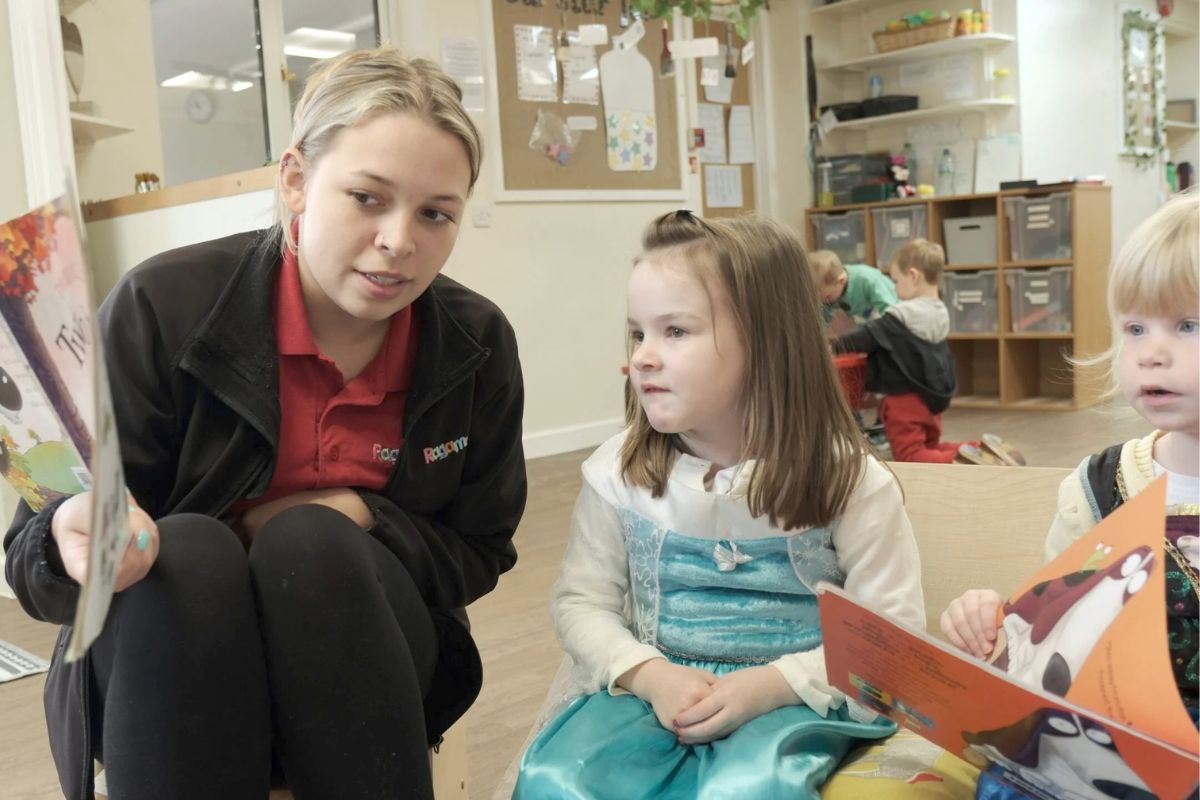Increase in EBacc entries as modern foreign languages rise

Third consecutive increase in EBacc subject entries as modern foreign languages rise.
The number of entries to EBacc subjects at GCSE has increased for the third year in a row, meaning more pupils are leaving school equipped with the core knowledge and skills parents expect.
Provisional data for England shows that a rise in the number of entries to modern foreign languages (MFL) – specifically a 10% rise in Spanish and 4% in French – is contributing to an overall increase in entries to core academic subjects at GCSE. The rise in EBacc entries is also driven in part by an increase in entries to the sciences.
The data, published by Ofqual today, provides yet more evidence of this government’s efforts to halt the decline in the uptake of languages since they became optional at key stage 4 in 2004.
The increase in EBacc and MFL entries comes alongside an overall increase of 3% in entries to GCSE arts subjects. The increase includes rises in art and design subjects and performing and expressive arts, demonstrating focus on core academic subjects does not come at the expense of important cultural education.
At A Level, biology, chemistry, physics and computing all showed increases, along with Spanish.
Today’s data shows a total of 5.19million GCSE entries this year – a slight increase on the 5.14million entries in 2018 – while entries to A Level remained broadly stable at around 746,000, down from 760,000 last year.
School Standards Minister Nick Gibb said:
It’s important that young people leave school prepared for life in modern Britain and with the widest set of options available to them. Core academic subjects, such as English, maths, science and foreign languages are key to making that a reality.
Today’s data shows that following our reforms, those GCSEs are becoming increasingly popular among young people. We know parents place great importance on these subjects, so with 4.2million entries to GCSEs in EBacc subjects this summer, both parents and employers can be confident that our schools are providing pupils with the strongest possible foundation.
It is particularly pleasing to see an overall increase in entries to GCSE arts subjects, including a 9% increase in entries to art and design subjects. The arts are an important part of the curriculum, and I know the best schools combine a rich cultural education with excellence in core subjects.
Kevin Courtney, Joint General Secretary of the National Education Union, said:
These figures demonstrate how government policy is continuing to destroy the arts, PE, creative and technical subjects. Progress 8 and the EBacc, alongside inadequate funding for our children’s schools and colleges, are causing the curriculum to be narrowed.
The Russell Group of Universities have just this week scrapped their list of ‘facilitating subjects’, which was similar to the list of EBacc options and included only core subjects. They have done so because they recognise what the NEU has been long been saying, that a narrow prescriptive list of options does not reflect the abilities of all young people.
It is time government gave up on the failed EBacc policy, funds schools and colleges properly and enable them to offer a broad and balanced curriculum.
Polling shows parents place greater importance on core academic subjects such as English, maths, science, humanities and languages, aligning with those subjects that have seen increases in this year’s GCSE entries and demonstrating the value of the EBacc.
Today’s data also shows:
- Increases of 8% and 9% in entries to GCSE and A Level computing, respectively;
- Increases of 9% in entries to A Level biology and chemistry and 3% to A Level physics; and
- 15,000 more entries to GCSE art and design subjects.
Pupils across the country are currently sitting their A Levels and GCSEs, with results days on 15 and 22 August respectively.











Responses